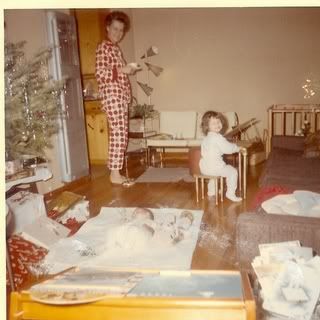Go  | New  | Find  | Notify  | Tools  | Reply  |  |
| Has Achieved Nirvana |
I saw the movie last night. I thought the movie was a lot like the book - interesting stories but not well written. It was worth watching nonetheless, as it offers a window into a culture not often seen Netflix.
| ||
|
| Has Achieved Nirvana |
I’ve been wanting to see it. The book captivated me. Thanks for the reminder.
| |||
|
| Has Achieved Nirvana |
I started it, but haven’t finished it yet. I got distracted by a “stupid “lost” like show about teenage girls on Amazon prime called “the wilds”.
| |||
|
| Has Achieved Nirvana |
The movie has not gotten good reviews. | |||
|
| Has Achieved Nirvana |
Because it’s not very good. Ron Howard phoned it in. OTOH it’s Netflix. Damned near free. I don’t feel like I lost much.
| |||
|
Minor Deity |
My friends from Appalachia loathed the book and the movie, going so far as to post alternative books that they feel give a better picture of the area.
| |||
|
| Has Achieved Nirvana |
I'd like to see that list if you still have it. Thanks!
| |||
|
| knitterati Beatification Candidate  |
I didn’t love this book, and I’m not feeling compelled to see the movie. Change my mind?
| |||
|
| Minor Deity |
I grew up a few miles from Middletown and did a fair amount of business over there in my youth. Knew lots of folks there, and a lot of people who worked at Armco. Some of my best friends were from Kentucky families who moved north for work. I have not read the book, but saw the movie the other night. It was as myopic a viewpoint as could be. From the movie you would expect that all Appalachian folks are backward and made a string of bad choices. Some were like that. More were hard working folks whose kids used that stable environment as a springboard to better things. The only place I thought the movie even touched on anything worth discussing was that family ties were revered, for better or worse. But that is no different in most traditional socio-economic groups. I will probably read the book. But I would caution anyone from doing so and then thinking they understood Appalachian culture.
| |||
|
| Minor Deity |
Same here Jf
| |||
|
| Has Achieved Nirvana |
I can see part of one of the two most impoverished counties in the US from my house in Missouri. The other impoverished county is a bit to the west. Those counties often beat Appalachia as the most impoverished counties in the USA. I have seen more than I want. Just sent another check to the woman that took care of three members of my family until they died. Work is hard to find. Poverty is a trap that works like compound interest in reverse.
| |||
|
Minor Deity |
Yes.
| |||
|
Minor Deity |
One of my friends posted a link to this list. She's an English professor from Kentucky whose mother's family was from way back in the hills. https://bookriot.com/books-about-appalachia/ Also, one of my MFA classmates' father, Ron Rash, is the Parris Distinguished Professor in Appalachian Cultural Studies at Western Carolina University. He is a very distinguished writer of both fiction and poetry, often about Appalachia. https://en.wikipedia.org/wiki/Ron_Rash
| |||
|
Minor Deity |
I haven't read Hillbilly Elegy yet. The hullabaloo around it gave me the squeamish feeling I got when The Help came out. It's hard to describe why, as I think that there's more than plenty to say about race relations in the South in general and about white women and black women in particular. It just weirded me out to read these glowing reviews about how new and different it was to write about white women and their maids, when my National Book Award nominated professor at Ole Miss wrote a searing book about it in the 1980s. And, of course, Faulkner was writing about race and class in Mississippi in the 1930s, so...no. I did not think that the subject matter was groundbreaking. It was just sufficiently sugar-coated for upper-middle-class white women to chat about in book clubs. I felt justified when I saw an article calling The Help a "feel-good book for white people."
| |||
|
| Has Achieved Nirvana |
I thought the help was either, "It was just sufficiently sugar-coated for upper-middle-class white women to chat about in book clubs." or that it would make me feel shameful about something I did as a youth.
| |||
|
| Powered by Social Strata | Page 1 2 |
| Please Wait. Your request is being processed... |
|